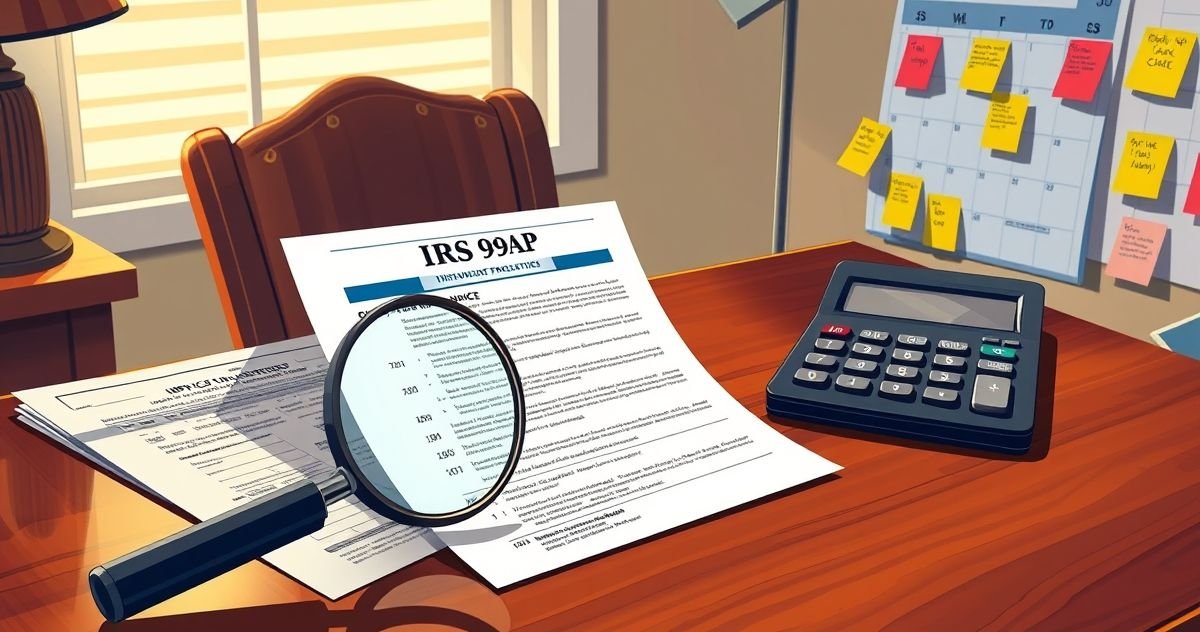What is the CP89AP Notice?
The CP89AP Notice is an official communication issued by the Internal Revenue Service (IRS) to inform taxpayers of significant changes that have been made to their tax accounts. These changes may result from discrepancies identified in previously filed tax returns, necessitating adjustments to ensure accuracy and compliance with federal tax laws. The notice serves as both an update for taxpayers and a call to action to address any outstanding issues that may arise as a result of these changes.
Primary Purpose of the CP89AP Notice
The main objective of the CP89AP Notice is to inform and rectify discrepancies found in taxpayers’ previously submitted returns. By providing detailed information on adjustments made, the notice helps taxpayers comprehend why changes were necessary and what their current account balance or refund status is after the modifications. This is crucial for maintaining transparent communication and upholding the integrity of the tax system.
Key Features of the CP89AP Notice
- Detailed Explanation of Adjustments: The notice outlines each adjustment made to the taxpayer’s account, including income corrections, credit or deduction recalculations, and any additional taxes owed or refunds due.
- Impact on Account Balance: It specifies if the adjustments result in a new balance due, an updated refund amount, or other alterations to the taxpayer’s financial standing with the IRS.
- Instructions for Compliance: The notice provides guidance on how to address any outstanding balances or to contest discrepancies, including payment options and dispute processes.
Filing and Compliance Requirements
The CP89AP Notice requires taxpayers to take necessary action based on the nature of the adjustments. This may include making payments on balances due by specified deadlines or providing additional documentation if there are disputes with the notice. Taxpayers must ensure their accounts are consistent with the adjustments to avoid further issues. Filing an amended return may be necessary if there are extensive changes not covered in the initial adjustment notice.
Penalties for Non-Compliance
The IRS outlines strict consequences for ignoring the CP89AP Notice, as failing to comply or respond might lead to penalties such as increased interest charges on unpaid balances, additional statutory fines, and potential enforcement actions like tax liens or levies. The IRS takes these non-compliance issues seriously, and continued neglect could also increase the likelihood of an audit.
Significance in Tax Resolution
Receiving a CP89AP Notice can be a critical step in navigating complex tax resolutions by highlighting discrepancies or errors that result in additional liabilities or decreased refunds. Proactive compliance aids taxpayers in managing and resolving any tax debts efficiently, minimizes penalties, and reduces the risk of future penalties.
Impact on Financial Compliance: Understanding and responding to the CP89AP Notice is a fundamental practice for maintaining good standing with the IRS and ensuring one’s tax account accurately reflects their financial activities. It empowers taxpayers to actively correct errors and provides them with pathways to dispute inaccuracies, thus playing a crucial role in achieving and sustaining financial compliance.
Conclusion
Overall, the CP89AP Notice is vital for keeping taxpayer accounts accurate, handling any discrepancies promptly, and mitigating potential financial burdens. Taxpayers are encouraged to address this notice with urgency to maintain compliance and protect their financial health.



